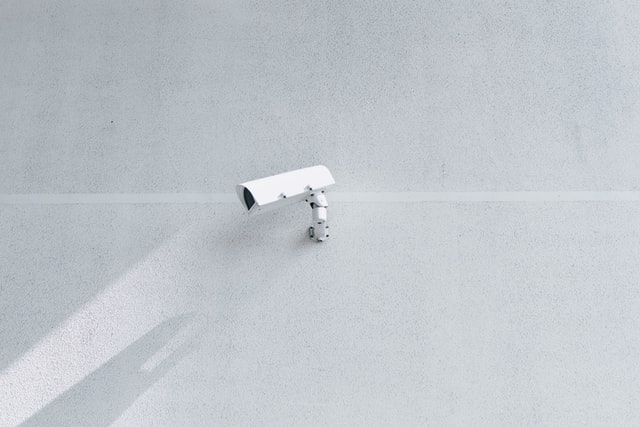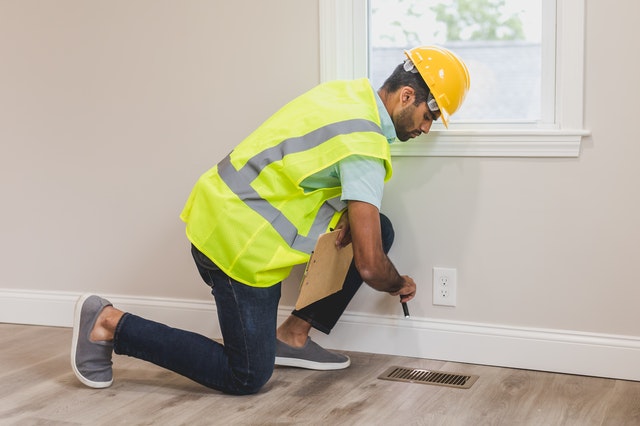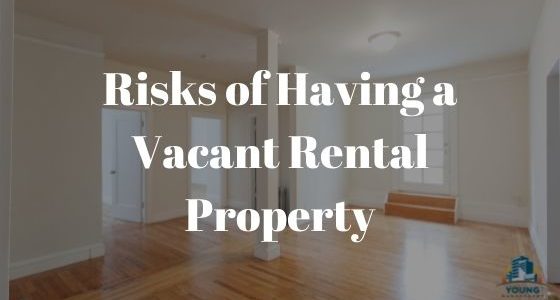Periods of vacancy are likely to occur from time to time when running a rental property business. Market trends, poor advertising, high rent rates, and various other factors can all contribute to vacancies. An empty property not only reduces your rental income but can also become neglected, lowering the property’s value and lowering the value of your investment over time.
In addition, there are various costs associated with maintaining the property and keeping it in a desirable condition. If you want to learn about the risks associated with a vacant rental, keep on reading!
Potential Risks Associated Vacant Rentals
1. Mold & Water Damage
Leaks and broken pipes can cause water damage. It’s one of the most expensive home repairs to deal with. If rain and other moisture get inside the house, your rental could be vulnerable to mold. This might make your rental property uninhabitable and a health hazard.
The risk of a vacant home is that leaks that could cause flooding are difficult to discover as there is no one regularly monitoring the state of the property. Water damage issues may not be discovered until a new renter comes in. This can be inconvenient for the new tenants and drain your bank account.
Be sure to inspect the property, its pipes, and any other points where water can get in. You should also look for water stains or signs of mold as these can be indicators of leaks in the home.

2. Fire Hazards and Damage
Since no one uses the home’s systems, vacant properties are vulnerable to fire. Dirt and dust can collect in poorly maintained heating systems, resulting in an overheated motor system. There could also be combustible materials left close to the heater, resulting in a fire.
There is also the risk of arson and accidental fires set by trespassers. Intruders who have taken up residence in the unoccupied property may neglect to extinguish candles they brought with them for instance.
To protect your property you should be performing routine inspections and maintenance of the property, even when it’s vacant.
3. Trespassers
Trespassers may take up residence in your vacant properties. They might use your utilities and furniture, causing wear and tear or property damage. After some time, squatters can be difficult to remove from your property. To ensure a safe and legal eviction of a squatter, you may need to contact a lawyer. This procedure can be time-consuming and costly.
Defending your property against squatters is similar to defending your space against thieves and vandals. Ensure you have a working security system and that cameras are strategically placed to cover all of the property’s entrances. Having an alarm system can also be beneficial.
4. Looters
Never assume that a vacant rental has nothing valuable to offer. Aluminum pipes and copper wires can be stolen from unfurnished, vacant rentals, and sold. If you have nice furniture or expensive decorations on the walls, they can become the focal point of attention.

You must also consider the possibility that vandals will target your vacant property. They can paint walls and floors with spray paint, charcoal, and other materials, leaving you with a costly mess to clean up.
Install a high-quality security system. You can keep an eye on the property even if you aren’t physically present.
5. No Incoming Cash
The majority of people purchase investment properties to generate a passive income. Having a tenant is the only way to earn that money. However, no matter how nice your house is, you’ll have to fill a vacancy at some point during your landlord career.
Rental vacancies can occur for a variety of reasons. For example, it could be when rental demand is lower during a time of year or your property may not be as competitive as others in the area, effectively scaring off potential buyers. It’s also possible that your marketing strategy isn’t as effective as it could be.
6. Insurance Premiums May Rise
An unoccupied home carries more risk than one occupied by a tenant. As previously stated, unoccupied homes are more vulnerable to fires, break-ins, and vandalism. Due to these factors, vacant rental homes are more expensive to insure. As a result, you may need to get additional coverage to protect your home from such problems.

How to Protect Your Rentals
When your property is vacant, the following are some things you should do:
- Boost security – Block all main entryways and secure all entrance points. Installing security cameras, motion sensor lights and an alarm system around your property may also be a good idea.
- Clean up – Dirt, trash, unopened main, and overgrown grass are signs of an unoccupied home. This can draw attention to the property’s vacancies, jeopardizing it.
- Enlists Neighbors – Notify the neighbors that the house is empty and ask them to watch out for any suspicious activity.
- Inspect the house regularly – Pay frequent visits to the property. Make a checklist and make the inspection dates as random as possible. By making the visits unpredictable, thieves will have a harder time predicting when you’ll show up.
- Remove valuables from the house – Even if someone tries to break in, your losses will be minimized if there isn’t anything for them to take.
- Shut off utilities – Gas, water, and electricity, should be turned off between tenants.
- Hire a property manager – A good property manager will have the knowledge and experience to help you maintain the property and find a suitable replacement tenant. They can also assist you in collecting rent and maintaining the property.
Conclusion
There are many risks associated with having a vacant rental property, but there are also many steps you can take to protect it.
We at Young Management would be pleased to assist you in reducing the danger of theft, squatters, water damage, and fire associated with unoccupied rentals. We can also help you, secure long-term tenants. This way you won’t have to deal with empty rental apartments and all of the problems that come with them when tenants rent long-term.
Contact us today to learn about our property management services!

